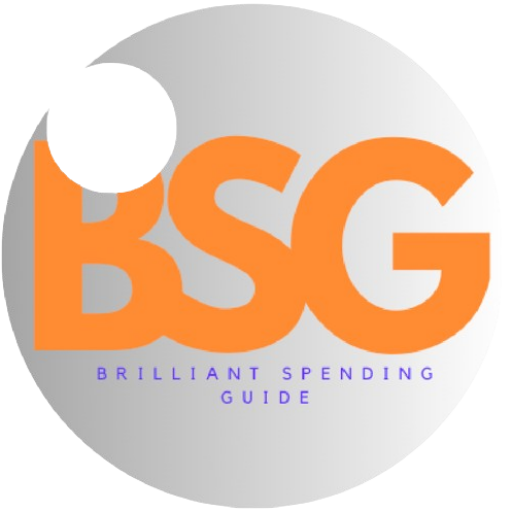Many people experience financial setbacks at some point in life, whether it’s a job loss, a costly medical emergency, or a poorly timed investment. These events can lead to more than just financial hardship; they can leave emotional scars and shape our behavior toward money for years to come. Financial trauma is real, and it can hinder our ability to make rational financial decisions and plan for the future. So, how can we heal from these experiences and rebuild trust in our financial journey?
Confronting financial trauma is the first step toward recovery. It requires acknowledging the pain, fear, or anxiety associated with past financial experiences. For some, this may involve seeking therapy or support groups to process and understand the emotions tied to money. Talking about financial trauma can be challenging, but sharing your story can be therapeutic and empowering. You might discover that you’re not alone in your struggles, and this realization can be a powerful catalyst for change.
**Acknowledging the Problem:** Recognizing that past financial experiences are impacting your current relationship with money is crucial. Perhaps you’re avoiding necessary financial tasks, like budgeting or investing, due to fear or past disappointments. Acknowledging these behaviors is the first step to changing them.
Healing from financial trauma is a process of rebuilding confidence and establishing a healthier relationship with money. Start by setting small, achievable financial goals. For instance, you might aim to track your expenses for a month or save a specific amount each week. Achieving these goals will provide a sense of control and accomplishment. Gradually, you can work towards more significant milestones, such as building an emergency fund or paying off a portion of your debt. Each success will strengthen your financial confidence.
Consider adopting simple budgeting techniques like the 50/30/20 rule, which allocates your income for needs, wants, and savings/debt repayment. This approach ensures that you’re covering essential expenses while also allowing room for enjoyment and financial improvement. Remember, budgeting isn’t about restricting yourself; it’s about making informed choices with your money.
In the recovery process, it’s essential to stay informed and develop financial literacy. Educate yourself about personal finance through books, podcasts, or online courses. Understanding financial concepts will empower you to make better decisions and reduce the fear of the unknown. Knowledge is a powerful tool for rebuilding trust in your financial abilities.

